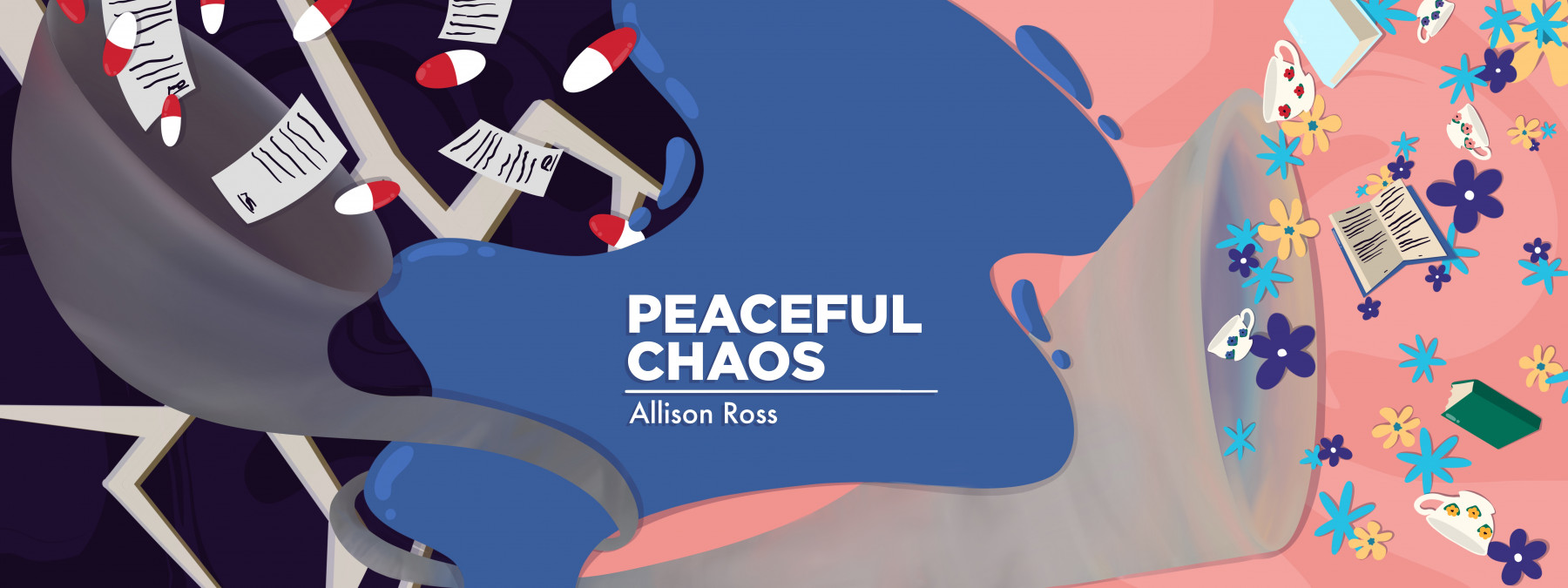Shooting for the Moon: A Perspective on Hope

“Shoot for the moon. Even if you miss, you’ll land among the stars.” — Norman Vincent Peale
In a vasculitis lifestyle, shooting for the moon could mean hoping for a cure.
We know it’s unrealistic to expect one so soon — after all, the group of disorders has only been recognized for more than a century. But the onset of an autoimmune disorder is such a dramatic blow to everyday life that we need a positive goal to focus on.
At the point of diagnosis, hope is essential to counterbalance the confusion, stress, and emotional turmoil. When adjusting to a new normal seems overwhelming, it’s a relief to know there is a light at the end of the tunnel. Maybe that light is remission, or maybe it’s just another train — like a flare right on the heels of what seemed to be disease inactivity. Either way, preserving forward momentum is key to cutting down on anxiety and depression.
Of course, there’s a balance to strike. No one benefits from constant positivity because it’s not realistic. The horror, discomfort, and exhaustion of the body’s immune dysfunction are very real, and we do ourselves a discredit if we don’t acknowledge the disruption it causes to our lives.
Then there’s the dreaded question in the back of our mind: What happens if things don’t get better? In rural regions without vasculitis care centers or educated physicians, there’s the danger that the disease could spread out of control, leading to organ damage or worse.
So obviously false hope isn’t the answer. Instead of wishing for a cure, which is out of reach at this point, we could set our sights a bit lower and aim for something more realistic.
For example, improved treatment is a legitimate aspiration. The side effects of prednisone that are so harmful have been eliminated in a similar medication, Tavneos (avacopan). This means the drug that has been so villainized for decades may soon be replaced entirely.
The idea that we’ll “land among the stars” might mean accepting what triumphs we can achieve.
Hope rests in a better quality of life, however that manifests for a given patient. Maybe there is also hope in the support of our family and friends while we grapple with the shock of an initial diagnosis. Or perhaps hope is a general sense of direction, the feeling that despite our struggles, we are continuously plodding uphill toward stability and happiness.
For some patients, sitting still only adds to the nervous energy and anxiety. It can feel purposeless to waste energy on hoping when we could be making effective changes in our lives. Taking care of ourselves with a better diet, improved sleep schedule, or open communication with a trusted specialist are all steps we can take to feel that we’re more in control of our illness.
When it seems that life has turned upside down and there’s no way for us to control vasculitis issues, hope isn’t an altogether empty concept, as long as we temper it with actionable steps and a healthy dose of reality. After all, there’s no price tag on peace of mind.
Ultimately, the answer to hope is not relentless positivity, nor is it disillusionment and cynicism. Neither extreme serves us in real life (which usually stabilizes somewhere in the middle anyway). A strong mental foundation lies in accepting the difficulties of illness without letting them weigh us down.
There are scientific studies citing the efficacy of an optimistic outlook. That’s not kidding ourselves. It’s viewing a tragic situation objectively so that we can move forward confidently.
A balance of hope and realism is a powerful internal voice to cultivate. It’s truthful, and it’s relatable. And better quality of life is always worth striving for.
Maybe if we aim for the moon, it’s actually the stars that will give us a brighter and more beautiful future.
Note: ANCA Vasculitis News is strictly a news and information website about the disease. It does not provide medical advice, diagnosis, or treatment. This content is not intended to be a substitute for professional medical advice, diagnosis, or treatment. Always seek the advice of your physician or other qualified health provider with any questions you may have regarding a medical condition. Never disregard professional medical advice or delay in seeking it because of something you have read on this website. The opinions expressed in this column are not those of ANCA Vasculitis News or its parent company, BioNews, and are intended to spark discussion about issues pertaining to ANCA vasculitis.








Comments